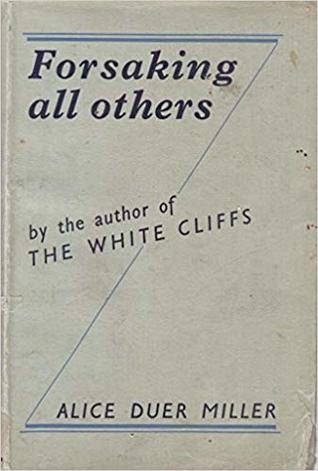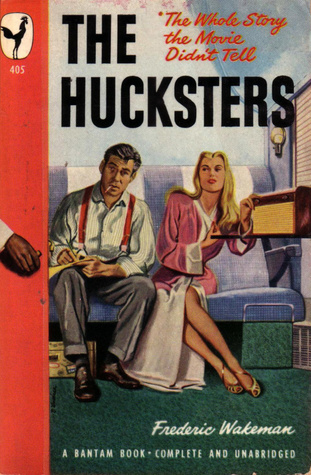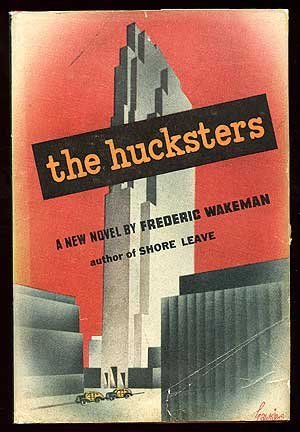- Messages
- 10,953
- Location
- vancouver, canada
In honour of the life of Sir Roger Scruton I have pulled out my 1985 copy of "The Meaning of Conservatism" and will reread. The world has lost one of its great public intellectuals, the breadth and depth of his scholarship is staggering.





